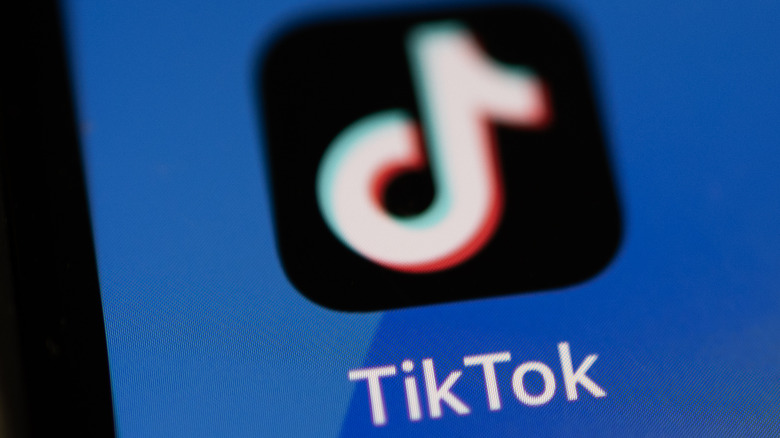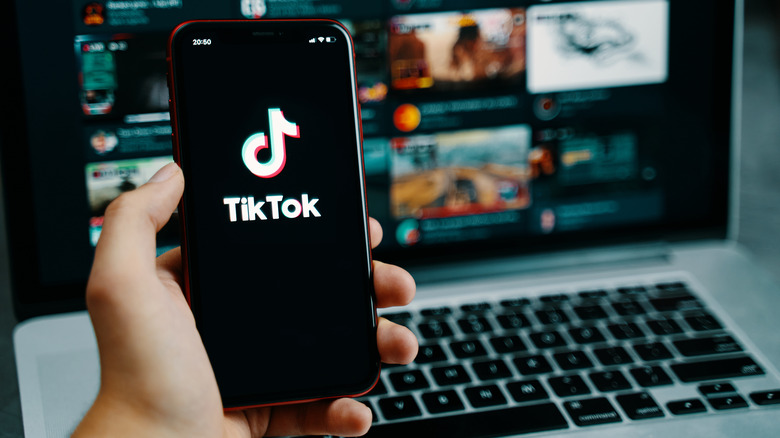The U.S. Just Came One Step Closer To Banning TikTok
Despite its booming popularity, TikTok has been a somewhat controversial app in the United States. While a large section of its detractors cites questionable data privacy and security practices followed by the app, others have raised concerns about the kind of content shared on the platform. There have also been growing concerns about the app's Chinese origins and the likelihood of it being used by China to spy on Americans.
Most of these concerns stem from the fact that ByteDance, TikTok's parent company, is headquartered in Beijing, China. ByteDance has faced several regulatory challenges in its home country China, and most notably in India where a blanket ban on the app has been enforced since mid-2020. Closer to home in the U.S., in 2020, former President Donald Trump issued an executive order banning TikTok from the U.S. market, citing security concerns. This ban was quickly reversed by federal courts.
After the Biden administration took over, Democrats have taken a more measured approach to the app. While several Republicans accuse TikTok and ByteDance of being part of Beijing's complex espionage network, Democrats are hesitant to ban the app outright. In the most recent example, Republican representatives on the House Foreign Affairs Committee voted in favor of a controversial bill that could fast-track a potential ban on TikTok in the United States. The bill in question is known as the Deterring America's Technological Adversaries (DATA) Act.
What is the DATA Act?
The DATA Act will effectively revoke all the protections that have shielded short video platforms from U.S. sanctions. Shortly after it was introduced on the floor by Committee Chairman Michael McCaul, a majority voted in favor of the bill at 24 to 16, with all Democrats voting no. TikTok, on its part, has vehemently denied the claims made by the Republicans and has termed the DATA Act a "rushed piece of legislation" that, if passed, would have a "considerable negative impact on the free speech rights of millions of Americans who use and love TikTok," TechCrunch reports.
Interestingly, DATA is not the only bill that has targeted TikTok in the recent past. The U.S. Senate, as recently as December 2022, passed the "No TikTok on Government Devices Act," which prohibits the installation of the app on "any device issued by the United States or a government corporation." While President Biden has expressed his doubts about legislators voting to ban TikTok for the general public, the ban on TikTok on government-issued devices certainly raises questions, given that the U.S. is not the only country that has issued such a restriction. Canada and the European Commission have also enacted similar laws banning TikTok from being used by government personnel.
While TikTok is certainly closer to being banned in the U.S. now than it was a month ago, the DATA Act needs to go through several hoops before it has enough firepower behind it. To begin with, it needs to be passed by the Senate and the rest of the House before it reaches President Biden, who would then have the ability to invoke the act to enforce a nationwide ban.

